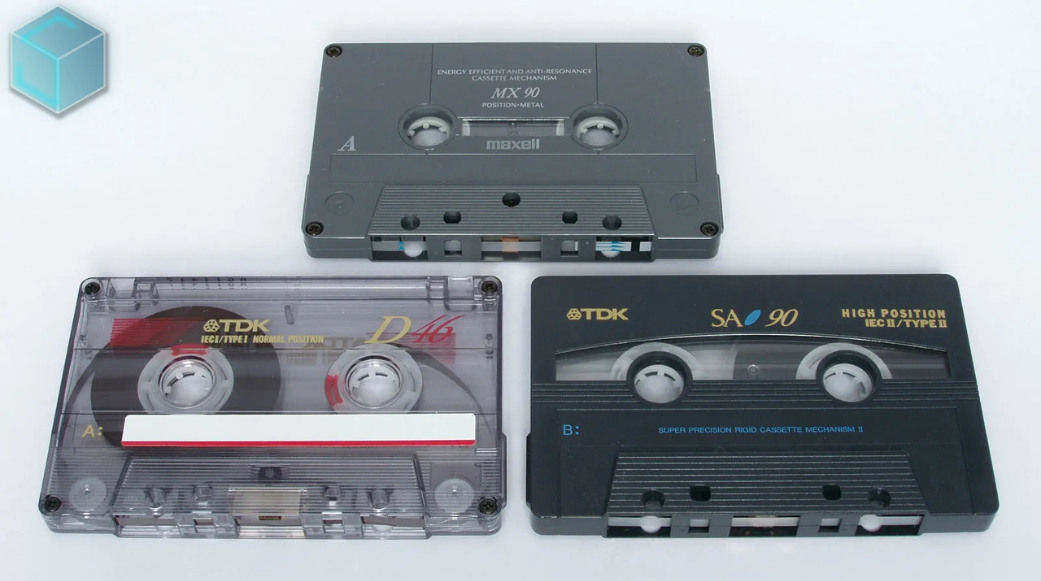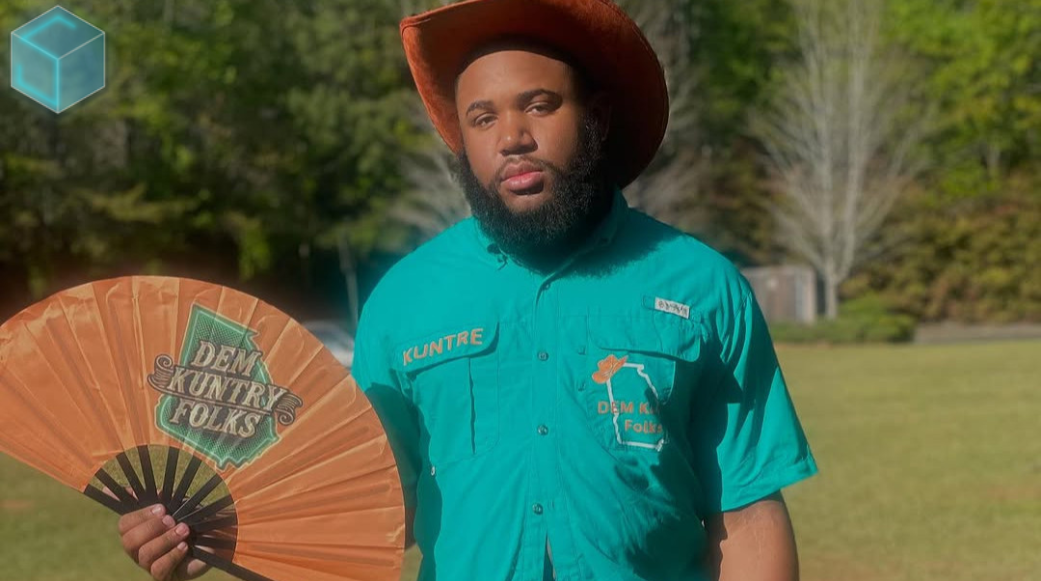
October 23, 2025
Discover how Mix Master strengthens your brain just like an instrument - training focus, creativity, and emotional intelligence through the science of sound.
Read more.png)
September 8, 2025
Tools like Suno are now powerful enough to generate melodies, lyrics, and even full songs in seconds. That’s exciting—and controversial. Just ask Timbaland. Recently, he came under fire..
Read more
August 23, 2025
The 1980s and 1990s analog music medium known as cassette cassettes is experiencing an unanticipated comeback, with Gen Z spearheading the trend. Taylor Swift, who included cassettes in the release...
Read more
August 23, 2025
This week's most notable headline: Doja Cat's erotically charged, '80s-inspired music video, "Jealous Type," is dominating social media feeds and cultural discourse, marking her most daring...
Read more
August 23, 2025
J-hope and GloRilla's "Killin' It Girl," a spectacular blend of K-pop flare and shameless hip-hop heat that has taken the world by storm, is this week's winner of the Best Collaboration of Summer...
Read more
August 23, 2025
Carly Rae Jepsen is giving fans the ultimate gift for the 10th anniversary of her critically adored album Emotion: a special edition featuring four never-before-heard tracks and two fresh remixes...
Read more
August 23, 2025
The wait is over, ARMY! BTS is officially back together and balancing work and play in their first moments of reunion after completing mandatory military service. J-Hope sent fans into a frenzy...
Read more
August 23, 2025
Christian music stepped outside of its quiet comfort zone in 2025. "Hard Fought Hallelujah," a worship song by Brandon Lake, went platinum, sold out festival stages, and exploded from churches to...
Read more
August 23, 2025
In late July 2025, Christian artist Forrest Frank (of Surfaces, now a solo juggernaut in faith-pop) posted from a hospital bed: he’d fractured his L3 and L4 vertebrae in a skateboarding accident...
Read more
August 21, 2025
On September 16, the masked metal phenomenon Sleep Token will embark on their 2025 "Even In Arcadia Tour" across North America. The 18-show tour, which includes a huge date at Brooklyn's Barclays...
Read more
August 21, 2025
Due to a line dance that went viral and won over fans' hearts both inside and outside of the United States, 22-year-old Tre Little's song "Boots on the Ground" has become a cultural sensation this...
Read more
August 21, 2025
In addition to preparing for her next album, The Life of a Showgirl, Taylor Swift is reviving the physical medium this week by putting her songs on cassette tapes. This sentimental action...
Read more.png)
Feeling stuck in a rut with your songwriting? You’re not alone. Many songwriters, even the most successful ones, have faced moments where the creative well seems to run dry. The good news is that there are strategies and exercises you can use to reignite your creativity and make your music more original and compelling. Here’s how you can push past this block and take your songwriting to the next level.
One of the reasons you might feel stuck is that you’ve fallen into a predictable routine. Changing your environment or the way you write can spark new ideas. If you usually write in your bedroom, try writing outside, in a café, or in a different room of your house. If you always start with lyrics, try beginning with a melody or a chord progression instead.
Example: David Bowie was known for constantly reinventing himself and his music. He would often change his surroundings and collaborate with different artists to bring fresh perspectives to his work. For his album "Low," Bowie moved to Berlin and embraced a completely new style, which led to some of his most innovative work.
Sometimes, giving yourself a specific challenge can force you out of your comfort zone and lead to unexpected creativity. Set limitations or prompts for yourself, such as writing a song using only three chords, writing from the perspective of someone else, or focusing on a particular theme or emotion.
Example: Bob Dylan was known for his ability to tell stories through his lyrics. To push his creativity, he would sometimes challenge himself to write songs with unconventional structures or in the style of other genres. This approach helped him craft some of his most iconic songs, like "Subterranean Homesick Blues," which broke the mold of traditional folk music.
Collaborating with others can bring fresh ideas and perspectives to your songwriting. Working with someone who has a different approach or skill set can inspire you to try new things and break out of your creative rut. Don’t be afraid to reach out to other musicians, even if they’re outside your usual circle.
Example: Paul Simon teamed up with Art Garfunkel to create some of the most memorable songs of the 20th century. Simon was the primary songwriter, but Garfunkel’s input and unique vocal style added a new dimension to their music, leading to hits like "Bridge Over Troubled Water." Collaborating allowed Simon to explore different ideas and refine his songwriting.
Studying songs that you love can provide valuable insights into what makes them work. Break down the structure, melody, lyrics, and chord progressions of your favorite songs. Try to understand why certain elements resonate with you and how you can incorporate similar techniques into your own work.
Example: John Mayer is known for his introspective lyrics and intricate guitar work. He has often spoken about studying the work of artists like Stevie Ray Vaughan and Jimi Hendrix to understand their techniques. By analyzing their music, Mayer was able to develop his own style that blends blues with modern pop and rock influences.
If you’ve been writing with the same instrument for a while, trying something new can lead to fresh ideas. Pick up an instrument you’re less familiar with, or experiment with music production software or looping pedals. The unfamiliarity can inspire you to approach songwriting from a different angle.
Example: Radiohead is known for their willingness to experiment with new technology and instruments. For their album "Kid A," they moved away from traditional guitar-based rock and embraced electronic music, sampling, and unconventional instruments. This experimentation resulted in a groundbreaking album that redefined their sound.
One of the best ways to improve your songwriting is to make it a daily habit. Even if you don’t feel inspired, sitting down to write every day can help you develop discipline and increase the chances of stumbling upon a great idea. Not every song you write will be a masterpiece, but the process will help you grow as a songwriter.
Example: Leonard Cohen was known for his meticulous approach to songwriting. He often spent years refining his lyrics, writing and rewriting until he was satisfied. This dedication to the craft resulted in songs like "Hallelujah," which went through dozens of verses before Cohen settled on the final version. His persistence paid off, as the song has become one of the most covered and beloved pieces of music in modern history.
Remember, even the most iconic songwriters faced periods of stagnation. What set them apart was their willingness to push through those moments and continue creating. Keep experimenting, stay open to new ideas, and trust that your next great song is just around the corner.